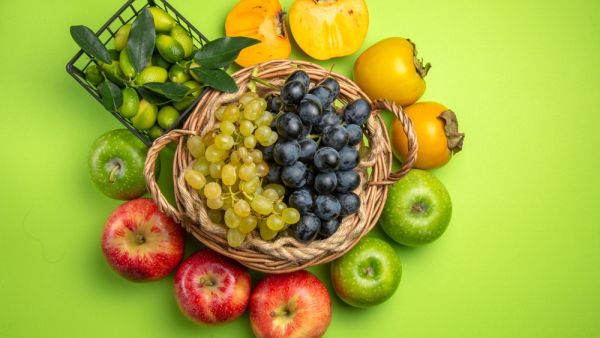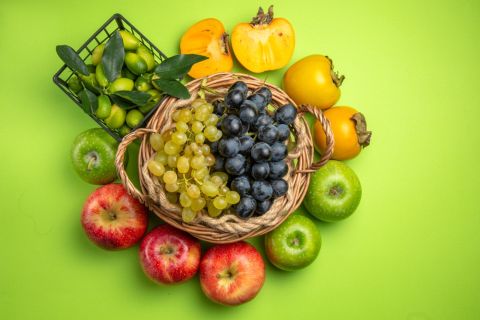ALBAWABA Fruits, while generally healthy and full of essential vitamins, can vary in their impact on blood sugar levels due to their sugar content and glycemic index (GI). Understanding which fruits raise blood sugar more significantly is crucial, especially for those managing diabetes or monitoring their blood sugar levels. Here’s a look at the kinds of fruits that can raise blood sugar:
1. High Glycemic Index (GI) Fruits
- Bananas: As bananas ripen, their sugar content increases, making them a fruit that can significantly raise blood sugar levels. The GI of a ripe banana is around 60.
- Pineapples: With a GI of around 66, pineapples are relatively high on the glycemic index, meaning they can cause a more rapid spike in blood sugar.
- Watermelon: Though hydrating and low in calories, watermelon has a GI of 72, which can lead to quicker blood sugar spikes.
- Mangoes: Sweet and delicious, mangoes have a moderate to high GI, ranging from 51 to 60, depending on ripeness, which can raise blood sugar.
2. Dried Fruits
- Raisins: Drying fruits concentrates their sugars, and raisins have a GI of around 64. They can quickly raise blood sugar levels.
- Dates: While rich in fiber, dates are also high in natural sugars, with a GI of around 62, making them likely to cause a rise in blood sugar.
- Dried Apricots: Even though they’re nutrient-dense, dried apricots can still have a moderate GI of about 30 to 50, but their sugar content is concentrated, impacting blood sugar levels.
3. Tropical Fruits
- Lychee: With a high sugar content, lychee can significantly impact blood sugar. The GI is moderate, but the fructose level can cause a rise.
- Papaya: Papayas have a GI of around 60, which can moderately raise blood sugar levels, especially if consumed in large quantities.
4. Fruit Juices
- Orange Juice: Despite the health benefits of oranges, their juice has a high GI of around 50-70, leading to quicker blood sugar spikes.
- Apple Juice: Even though whole apples are relatively low GI, apple juice is more concentrated in sugars and can raise blood sugar more rapidly.
While these fruits can raise blood sugar, they can still be part of a healthy diet when consumed in moderation and balanced with other foods. Understanding their impact allows for better management of blood sugar levels, especially for individuals with diabetes or insulin resistance.








